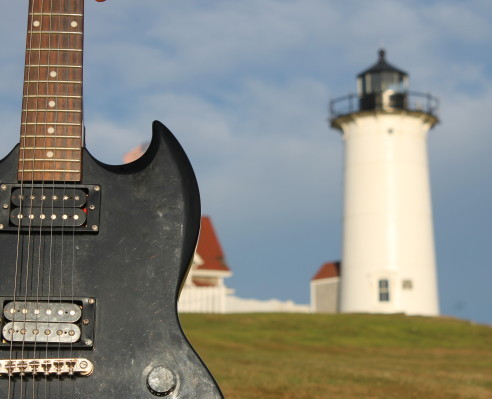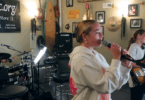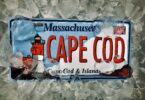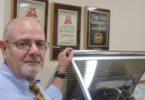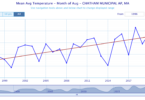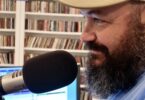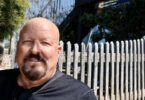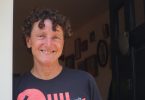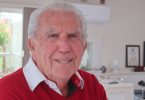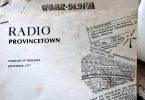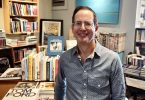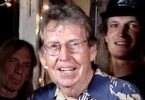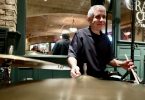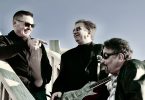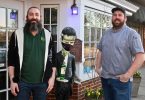Is there a Cape Cod music scene? Listen.
The waves are a natural rhythm, and the seasons set the tone. “People have asked me to describe what Cape Cod is like,” said John Beninghof of the Old Silver Band of Falmouth. “I tell them it’s like Jamaica four months of the year, and it’s like Soviet Russia the rest of the year.”
(See also, Cape Cod music slideshow)
(See also, our growing collection of 2-Minute Videos)
Beninghof is exaggerating on the length of the Soviet winter around here. But his general sentiment was shared by many musicians who make their home on Cape Cod. Get what you can when you can, and then create the rest of the time.
There is a scene, yet as Kami Lyle, a singer and trumpet player who moved to Harwich from Nashville with her husband, Joey Spampinato, a creative force in the nationally known band, NRBQ, said, “I don’t think that people think, ‘I’m going to go to Cape Cod and make it big.”
And yet, there is a “there” here.
Just listen.
“I was part of the Boston music scene and when I moved here ten years ago, I thought my life was over,” said outer Cape singer songwriter, Sarah Swain. “But it was the start of everything. There are some unbelievable musicians here, and really creative. It opened my eyes to a whole new way of playing. I was doing kind of moody, dark music before I moved here. But the music here is so full of joy.”

